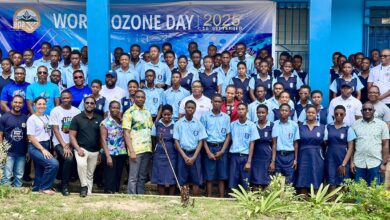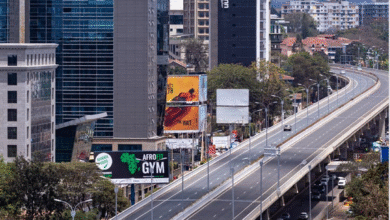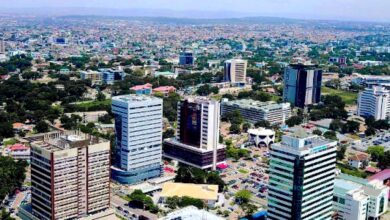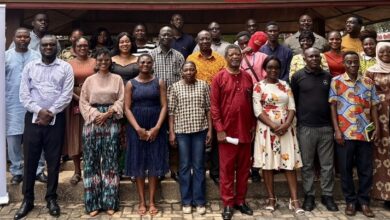From Concrete Jungle to Green Hope: Nasheed’s Call in Accra
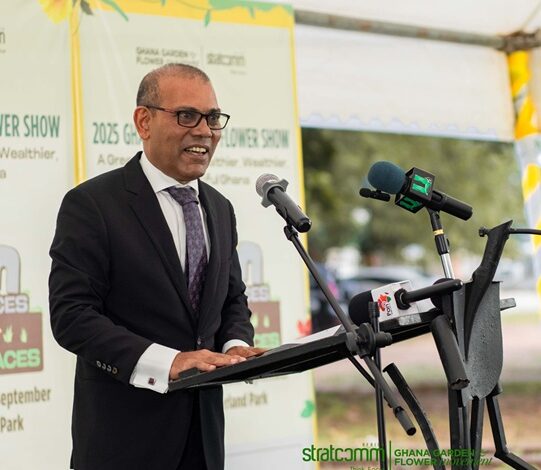
Flying into Accra, the first thing Mohamed Nasheed expected to see was the familiar rhythm of city life, roads crisscrossing neighborhoods, open fields, and the odd patch of greenery. Instead, what caught his eye was a sweep of gray. Concrete upon concrete, broken only by scattered trees and shrinking open spaces.
“It was sad,” said the former Maldivian president and current Secretary-General of the Climate Vulnerable Forum (CVF). “Accra looked like my own city, Malé—just a barren concrete jungle.”
His stark description reflects a challenge many rapidly growing cities face: urban expansion that eats up nature, worsens heatwaves, and makes communities more vulnerable to flooding and disease. From West Africa to South Asia, Nasheed warned, unchecked development is turning capitals into hot, crowded, and climate-fragile spaces.
But his message in Accra was not one of despair. Instead, he pointed to a homegrown solution, which is the Ghana Garden & Flower Movement.
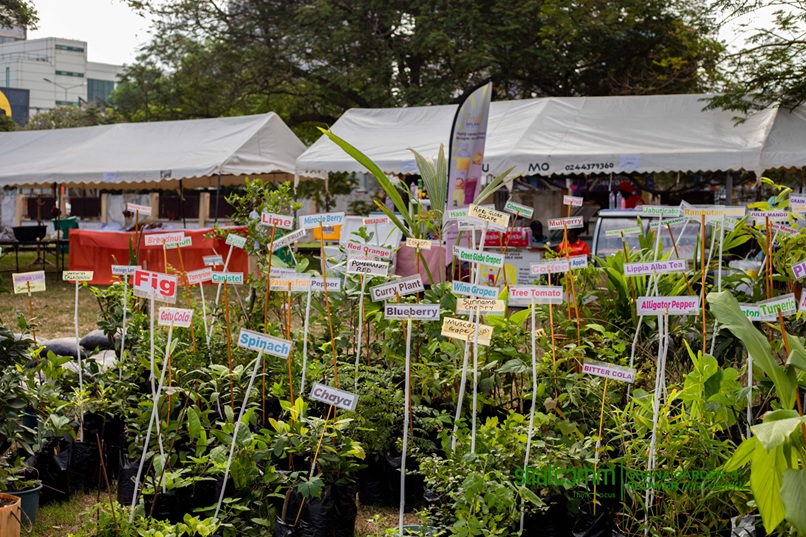
Led by Strategic Communications Africa (Stratcomm Africa) under founder Madam Esther Cobbah, the movement has redefined gardening as more than a pastime. It is now a platform for climate resilience, economic opportunity, and social transformation. Its flagship event, the Ghana Garden & Flower Show, draws thousands, annually—families, business leaders, policy makers, and schoolchildren—offering both inspiration and practical solutions.
“This is not an ordinary garden show,” Nasheed told participants. “It is planet-saving work.”
Through community engagement, support for women and youth entrepreneurs, and the creation of urban green spaces, the initiative demonstrates how environmental stewardship can fuel livelihoods. Children are introduced to gardening as both education and empowerment, while florists and horticultural businesses are given a national stage.

For Nasheed, the idea of resilience is tied to prosperity. “You cannot become resilient if you are poor. You have to be prosperous,” he stressed. This principle underpins Climate Prosperity Plans, now being adopted by Ghana and other vulnerable nations—strategies that pair economic growth with low-carbon, climate-smart practices.
On a broader scale, Nasheed advocates for financial innovations such as debt-for-climate swaps, green bonds, and carbon finance to free up resources for sustainability efforts. He argues that climate action cannot be achieved by austerity, but by enabling countries to grow in ways that protect both people and the planet.
The Ghana Garden & Flower Movement shows this principle in action. What began as a modest campaign has blossomed into a national symbol of urban renewal, proof that concrete jungles can be reimagined into vibrant green cities.
As Accra, Malé, and other climate-vulnerable capitals grapple with rising seas, heat, and swelling populations, Ghana’s example offers hope: with vision, creativity, and the right investments, cities don’t have to choose between prosperity and sustainability, they can grow greener, healthier, and more resilient.

